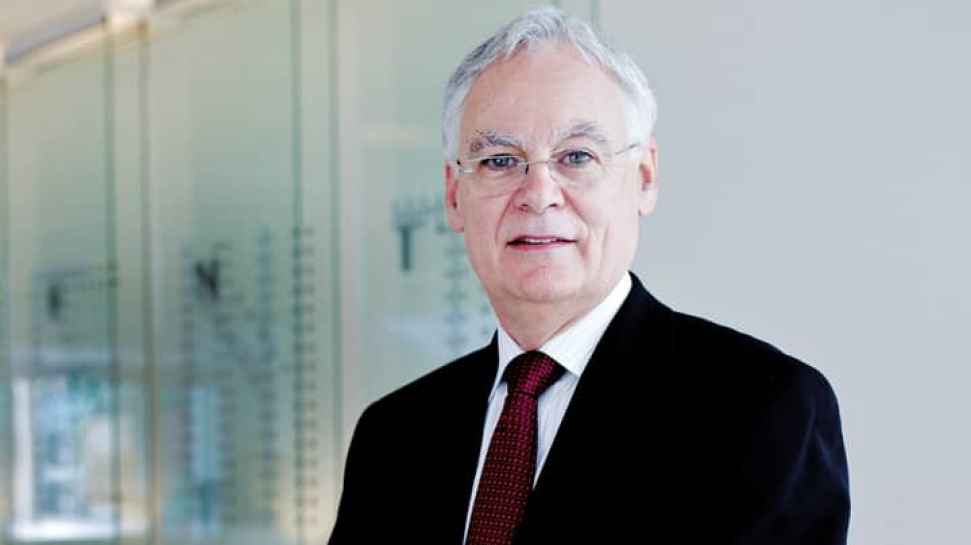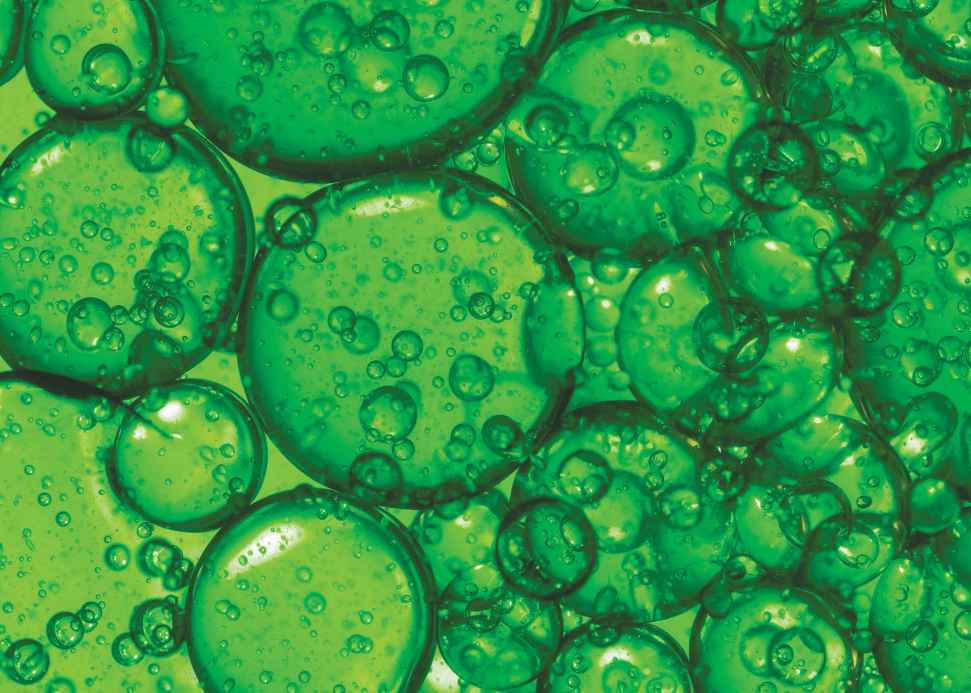Hello my friend in desktop mode.
Hello my friend in desktop mode.
Hello again my friend in desktop mode.
Hello again friend in mobile mode.
Bill Condie
FUTURE DIRECTIONS
FOR FLINDERS RESEARCH
—
At a time when industry engagement with local research has never been more crucial, professor rob saint is looking to powerful collaborations and scalable solutions to define the next era of research at Flinders.
There is nothing Professor Rob Saint loves more than guiding Flinders University’s research strategies. But push him a little, and he admits to one regret.
While leading the direction of the University’s research as its Deputy Vice-Chancellor (Research), he’s had to let go of his own. Ask him if he misses research and his response sounds a note, almost of bereavement: “Deeply. Deeply,” he says.
Professor Saint’s career as a geneticist took him from the University of Adelaide to some of the world’s most distinguished institutions: Stanford University in California, Melbourne’s Walter and Eliza Hall Institute, the CSIRO, Australian National University, and the University of Melbourne.
He’s been a member of the Prime Minister’s Science, Engineering and Innovation Council; is the author of the only Australian tertiary-level biology textbook; and serves on the board of the South Australian Health and Medical Research Institute.
Despite joining Flinders University in 2015, he didn’t fully relinquish his own research until last year.
“I had NHMRC funding up until the end of 2017, and that was in collaboration with a colleague, Dr Stephen Gregory, whom I’ve worked with very closely for many years.”

Robert Saint is Deputy Vice-Chancellor (Research) at Flinders University. He gained his undergraduate, honours and PhD degrees from the University of Adelaide, studying gene structure and expression in the earliest days of recombinant DNA technology.
“In the current research climate, you really need to be saying to funding organisations, to assessors, ‘We are very strong in this area, we’ll use the money productively if you give us the funds to do research.’”
Through Dr Gregory, investigations into the chromosomal instability of cancer cells continue at Flinders, in the hopes of finding new strategies to fight the disease.
“Last year, Stephen moved to Flinders and he’s continuing that research, so the research goes on. But…” he says, shaking his head.
So, what made Professor Saint decide to leave such a distinguished and beloved career and move to a new university?
“I was attracted by the freshness of the place,” he says. “A new Vice-Chancellor, Professor Colin Stirling, had just arrived, and it was a chance to take broad control of a research agenda. I was also aware of the high quality research that goes on here, but always with scope for further development.”
Since arriving, Professor Saint has sought to lift the profile of research in the institution as a core part of its mission. He’s set about building areas of research concentration and to increase the University’s engagement with external stakeholders to build the standing of its research among the community.
“The Vice-Chancellor and I have worked very much in concert to encourage the development of higher performing areas of focus for research,” he says.
“In the current research climate, you really need to be saying to funding organisations, to assessors, ‘We are very strong in this area, we’ll use the money productively if you give us the funds to do research.’”
Something that Professor Saint is particularly proud of is the wide range of research collaborations that Flinders has, not just with other universities and research institutes, but with key stakeholders.
“For example, our engagement with the Southern Adelaide Local Health Network, which is responsible for running the Flinders Medical Centre where our medical researchers are co-located with the hospital, is critical to our health research success and to the translation of our research into practice,” he says. “Our engagement with industries, government and community organisations is equally relevant to our research mission.”
This collaboration recently resulted in the launch of a sports drink, called Prep’d. “It’s a product that has come out of years of research into the effect of different gut contents on rehydration, but it's now great to see it on the market and being used, initially, by high-performing athletes.”
The University’s industry-facing Tonsley Campus was another critical factor in Professor Saint’s decision to move to Flinders, and he sees the opportunity it provides to work directly with industry as being crucial for mid-career researchers – a key focus for him.
“There’s a lot of emphasis on early career researchers and that’s justified, but I think the mid-career researchers are a bit of a neglected group,” he says. “There’s a period where researchers need more targeted support than we’ve been giving, to become one of the ‘big fish’, top-level researchers.”
And that all comes down to research leadership.
“The sort of mid-career transition where people might have PhD students, post-docs, or assistants working with them, this requires real leadership and the ability to think about a field and interpret what the most significant questions are.”
Looking to the future, Professor Saint sees his task as raising the achievements of Flinders research to a much higher level.
“All the seeds are there,” he says. “We’ve significantly changed the way people are approaching research. We are now in a position to make a substantial number of new appointments, which will strengthen existing research activities to take that next step up in demonstrating the research power that Flinders University has.”
![]()
Sturt Rd, Bedford Park
South Australia 5042
South Australia | Northern Territory
Global | Online
CRICOS Provider: 00114A TEQSA Provider ID: PRV12097 TEQSA category: Australian University











